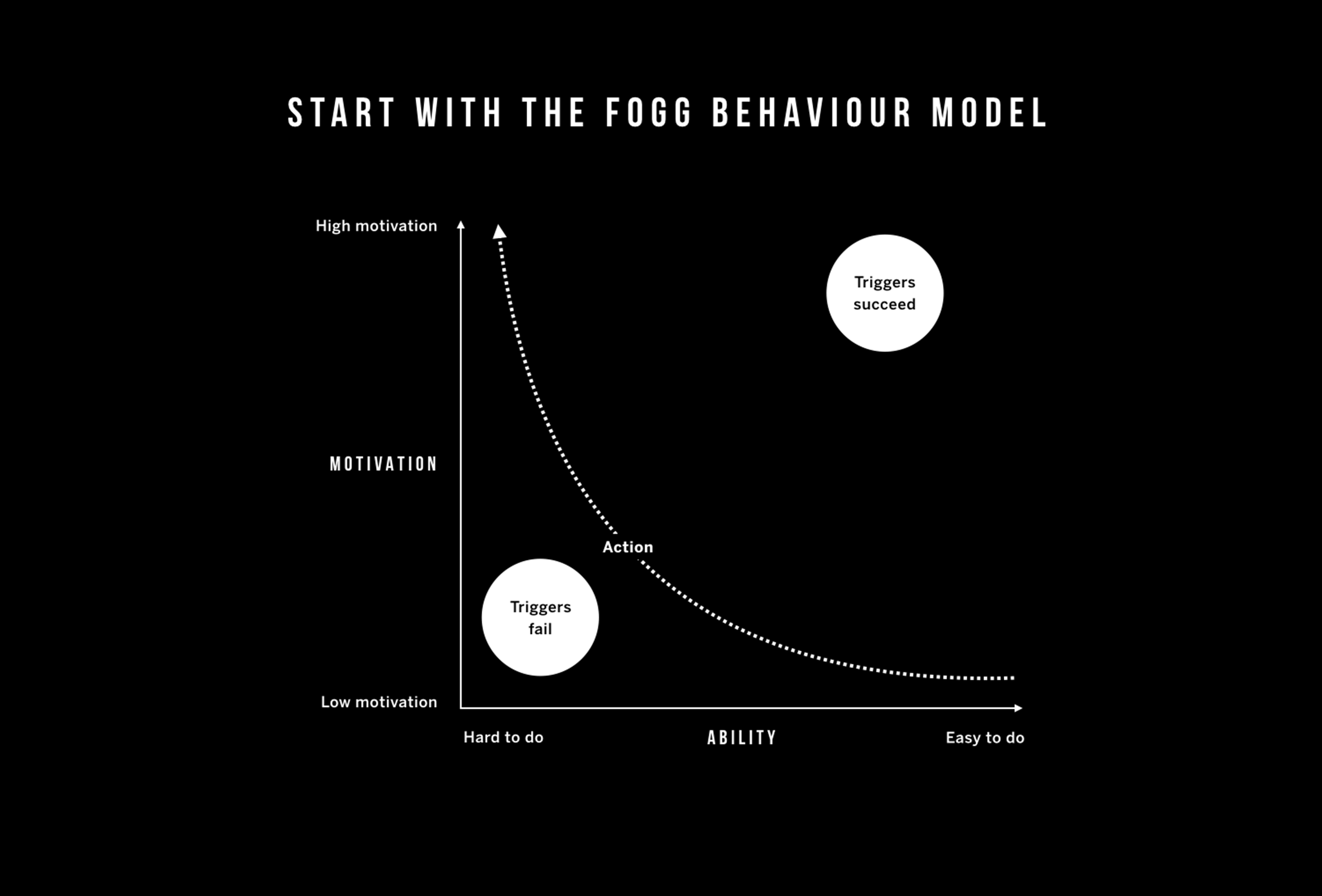A great customer experience without great service design is not enough to protect Uber from failure
So Uber has hit a hurdle many may not have expected. The London mayor, Sadiq Khan, has supported proceedings by Transport for London to deny Uber a license to operate in London from the 30th of September this year amidst claims of a ‘lack of corporate responsibility’. The surprise will come from those who have continually heard Uber being cited as a benchmark for near perfect customer experience by industry professionals and customers alike, and many have seen that as enough for its continual, bulletproof success. Uber’s ongoing conflicts with taxi associations across the world have largely been disregarded as sour grapes or the inability of other taxi companies to keep up with customer need. Uber’s service is so easy to access and is so aligned to customer need that some cities are seriously considering Uber as a form of public transport.
So why is a great customer experience not enough? Well, as you probably would have heard in many industry presentations, we live in a service economy, but a service is not just about delivering service excellence to your customers. A service is an eco-system, supported by the technology, processes and people that run it.When we map a service, we look at the ‘above the waterline’ experience and a ‘below the waterline’ experience; the experience delivered to customers and the experience below the line of sight of customers, including the processes, technology and people who create what customers get to experience. We know that all are linked, that one cannot work without the other. Good CX practitioners are more akin to service designers in this way. So when any organisation delivers a service at the expense of the people and the processes that exist to deliver it, it is only a partial experience, one which will inevitably fail.
There are now many theories that TFL has bowed to pressure from taxi associations and Uber has accused London of being “closed to innovative companies” (an interesting claim considering that London is ranked as the most innovative city in the world in the Innovations Cities Index for 2016 – 2017). Sadiq Khan’s response is that “providing an innovative service must not be at the expense of customer safety and security.” As any service designer would know, not at the expense of processes and people who provide the service either.






